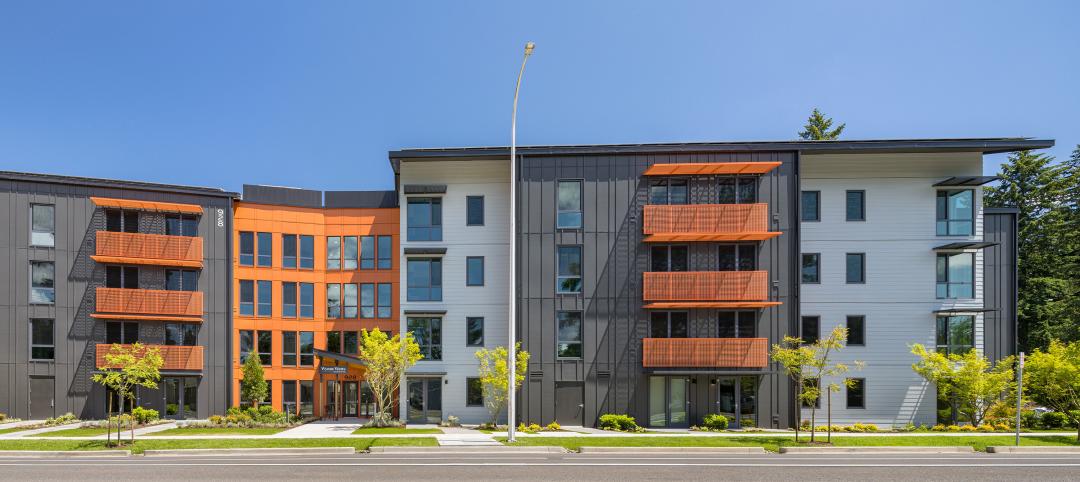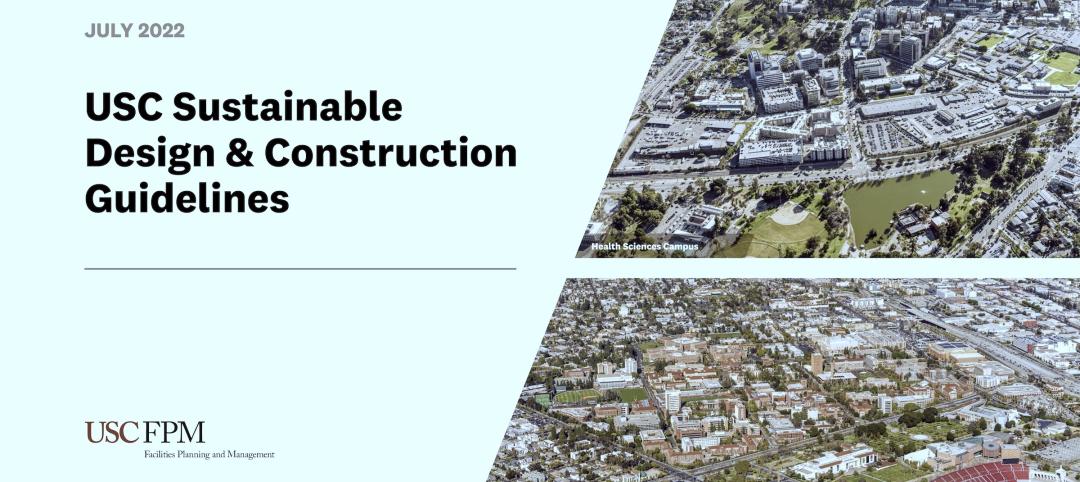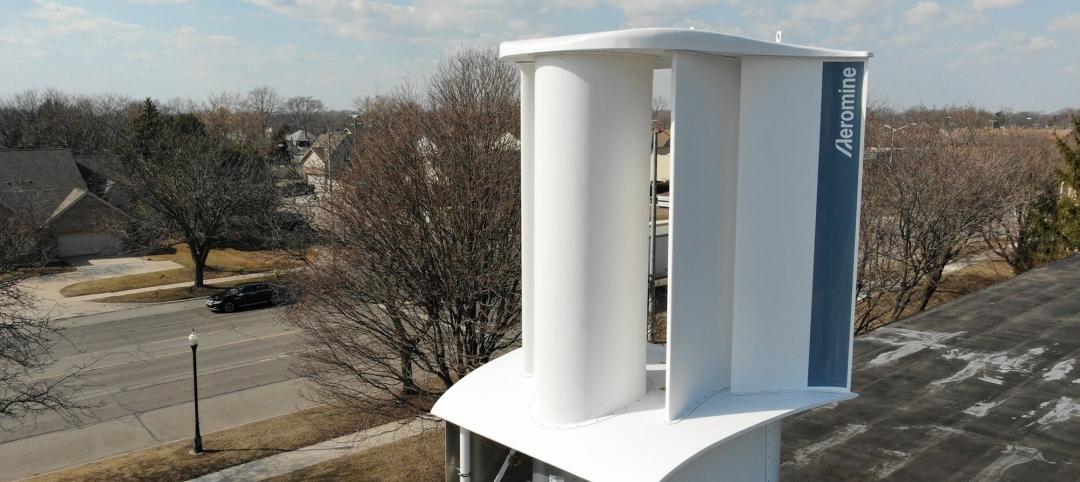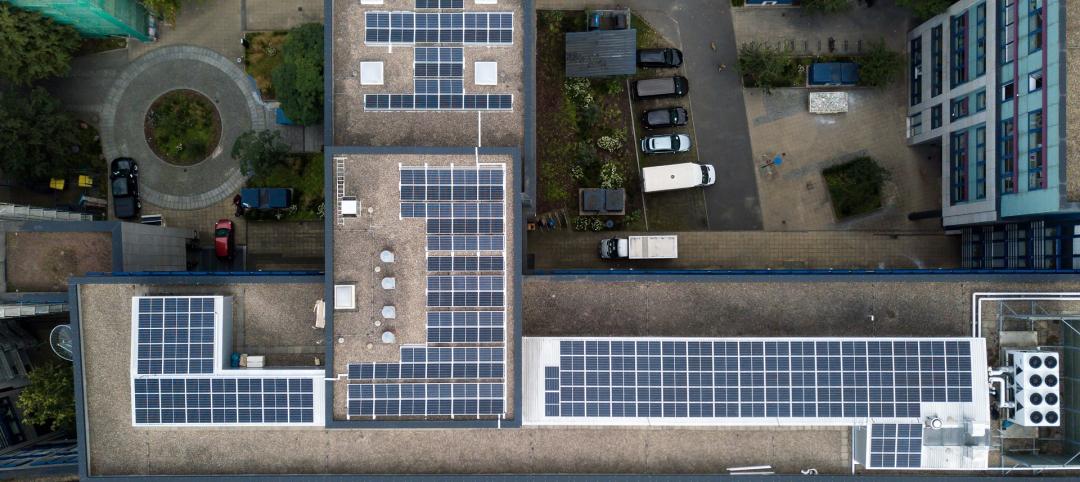Today, Johnson Controls, a global leader in creating smart cities, unveiled the findings from its 2018 Energy Efficiency Indicator (EEI) survey, revealing that U.S. organizations are planning to increase investments in smart building measures including building controls and building systems integration at a greater rate than more traditional energy efficiency measures.
The survey of nearly 2,000 facility and energy management executives from 20 countries found that 57% of organizations in the United States and 59% of global organizations plan to increase investment in energy efficiency in the next year.
Over the past decade, traditional energy efficiency measures – such as HVAC equipment improvements and lighting upgrades – have become table stakes for many organizations. Today, organizations identify greenhouse gas footprint reduction, energy cost savings, energy security and enhanced reputation as key drivers of investment fueling growth in green, net zero energy and resilient buildings.
Smart Buildings Driving Future Investment
Building controls improvements were cited as the most popular investment for the next 12 months among U.S. organizations, with 68% of respondents planning to implement this measure. Building system integration saw a 23% increase in respondents planning to invest in 2019 compared to 2018, the largest increase of any measure in the survey.
“Organizations are more interested than ever in leveraging energy efficiency, energy storage and distributed generation technologies to deliver smarter, safer and more sustainable
buildings,” said Clay Nesler, vice president, Global Sustainability, Johnson Controls. “U.S. organizations are especially bullish about the future impact of systems interoperability, systems integration and cybersecurity technologies, leading all other countries.”
Due to increasingly severe weather incidents around the world, the 2018 EEI results also highlight a growing global focus on resilience and energy security. One third of U.S. and global organizations (32% and 33% respectively) believe the ability to maintain critical operations during severe weather events or extended power outages is extremely important when considering future energy and building infrastructure investments. Roughly half of U.S. and global organizations (54% and 50% respectively) are extremely or very likely to have one or more facilities able to operate off the grid in the next ten years, a 10% increase in the U.S. from last year. Globally, plans to invest in distributed energy generation, electric energy storage and on-site renewables also increased year-over-year.
2008 vs. 2018: Increased Interest and Investment in Sustainable Buildings
Analysis of the annual survey results from 2008 to 2018 revealed dramatic shifts in energy efficiency goals, actions and investments throughout the past decade.
In 2008, very few respondents (8%) had any certified green buildings and only one-third (34%) planned to certify new construction projects to a recognized green standard. This year, 19% of U.S. organizations have already achieved voluntary green building certification for at least one of their facilities, and 53% plan to in the future, a combined increase of 31% over the past year alone. Globally, 14% of organizations have achieved voluntary green building certification for at least one of their facilities and 44% plan to in the future.
In 2008, less than one-third of respondents (30%) believed green buildings would be very important in attracting and retaining future employees, but in 2018, 44% of U.S. organizations, and 51% globally, are willing to pay a premium to lease space in a certified green building.
The survey also saw a significant year-over-year increase in net zero energy goals, with 61% of U.S. organizations extremely or very likely to have one or more facilities that are nearly zero, net zero or positive energy/carbon in the next ten years, up 14% from last year.
Related Stories
Energy | Mar 20, 2023
Battery energy storage market predictions are trickier than ever
Burns & McDonnell breaks down the state of battery energy storage today, from pricing concerns to alternative solutions.
Affordable Housing | Feb 22, 2023
Passive House, sustainability standards meet multifamily development
These multifamily developments are not only Passive House (PHIUS) certified, but affordable for tenants.
Sustainability | Feb 9, 2023
University of Southern California's sustainability guidelines emphasize embodied carbon
A Buro Happold-led team recently completed work on the USC Sustainable Design & Construction Guidelines for the University of Southern California. The document sets out sustainable strategies for the design and construction of new buildings, renovations, and asset renewal projects.
Sustainability | Feb 8, 2023
A wind energy system—without the blades—can be placed on commercial building rooftops
Aeromine Technologies’ bladeless system captures and amplifies a building’s airflow like airfoils on a race car.
Green | Dec 9, 2022
Reaching carbon neutrality in building portfolios ranks high for organizations
Reaching carbon neutrality with their building portfolios ranks high in importance among sustainability goals for organizations responding to a Honeywell/Reuters survey of senior executives at 187 large, multinational corporations. Nearly nine in 10 respondents (87%) say that achieving carbon neutrality in their building portfolio is either extremely (58%) or somewhat (29%) important in relation to their overall ESG goals. Only 4% of respondents called it unimportant.
Green | Dec 9, 2022
Newly formed Net Zero Built Environment Council aims to decarbonize the built world
Global management consulting firm McKinsey recently launched the Net Zero Built Environment Council, a cross-sector coalition of industry stakeholders aiming to decarbonize the built world. The council’s chief goal is to collaboratively create new pathways to cut greenhouse gas emissions from buildings.
Energy Efficiency | Dec 6, 2022
Washington state’s Building Code Council mandates heat pumps in all new residential construction
The Washington State Building Code Council has voted to require heat pumps for all new residential construction starting in July 2023. The new mandate has drawn criticism over concerns that it will add costs to housing construction, especially given current supply chain challenges for heat pumps.
Legislation | Nov 23, 2022
7 ways the Inflation Reduction Act will impact the building sector
HOK’s Anica Landreneau and Stephanie Miller and Smart Surfaces Coalition’s Greg Kats reveal multiple ways the IRA will benefit the built environment.
Energy-Efficient Design | Nov 14, 2022
How to achieve net zero energy in five steps
Martine Dion and Ethan Seaman share net zero energy best practices with owners and developers.
Green | Nov 13, 2022
NREL report: Using photovoltaic modules with longer lifetimes is a better option than recycling
A new report from the U.S. National Renewable Energy Laboratory (NREL) says PV module lifetime extensions should be prioritized over closed-loop recycling to reduce demand for new materials.

















